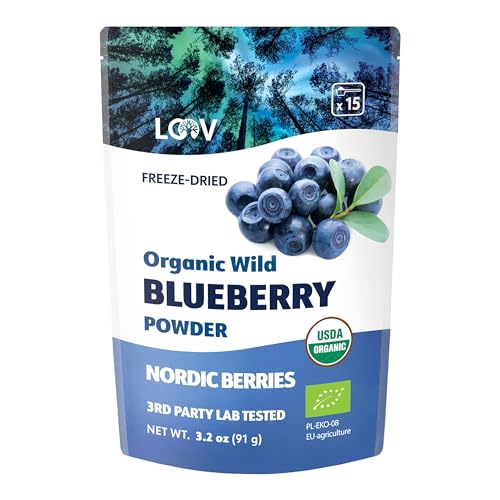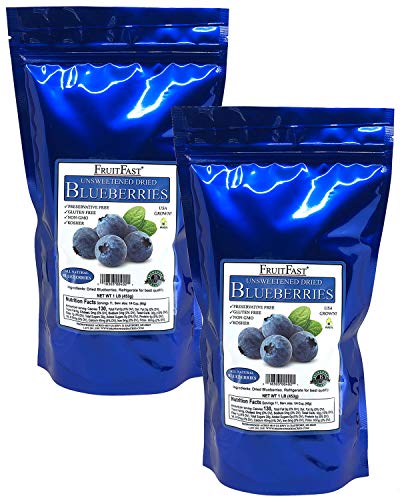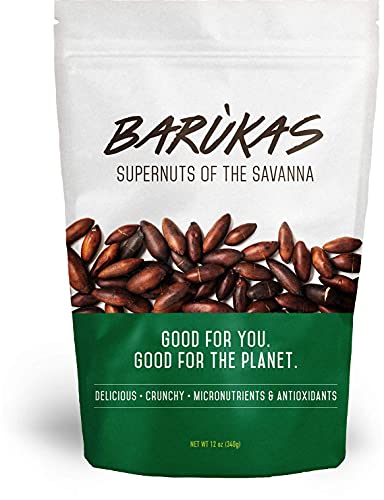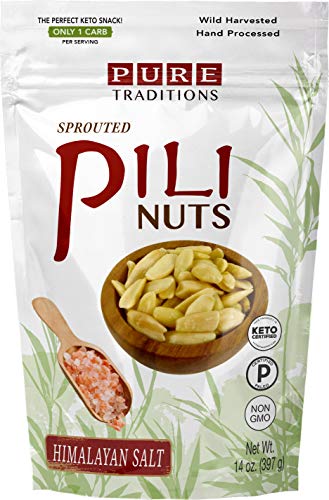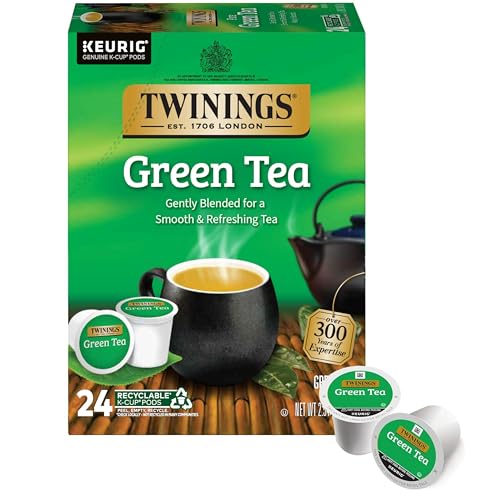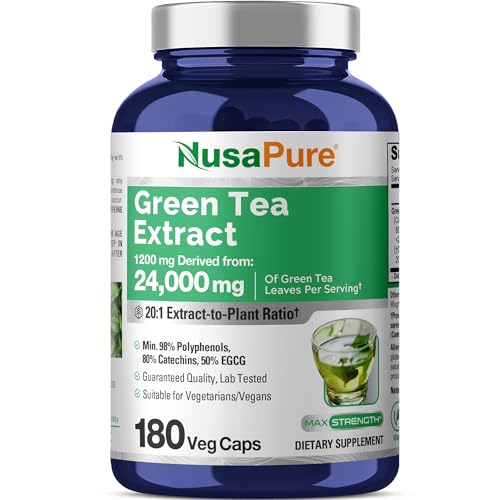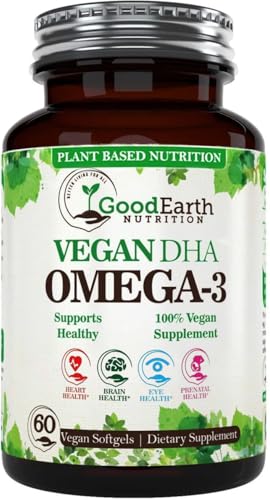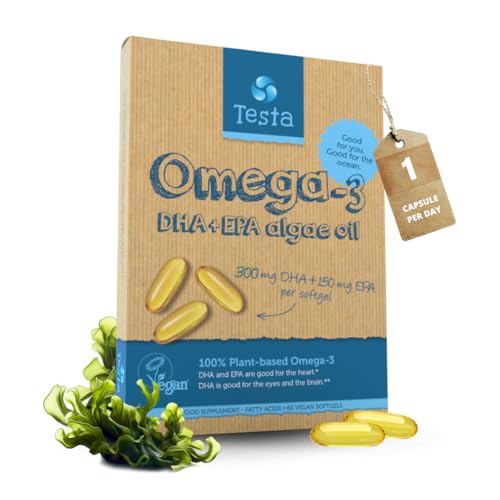- Senior Living
- Our Quality Guarantee
- Last Updated December 12, 2023

15 Nutritious Foods For Rebuilding Cartilage & Promoting Healthy Joints
Cartilage is the “cushion” that protects your joints and bones when you move. However, in seniors and those with osteoarthritis, cartilage can wear down over time, causing pain and discomfort.
For anyone experiencing this, the first port of call should always be your doctor. They will likely recommend significant lifestyle changes, including foods great for rebuilding cartilage and maintaining healthy, strong joints.
The types of food and nutrition key to healthy cartilage vary. After consulting with medical professionals, we present our complete guide to foods that help rebuild cartilage and cultivate healthy joints.
In This Article
What Is Cartilage and Why Does it Wear Down?
Your joints have “cushioning,” which allows them to move quickly and smoothly. This “cushioning” is what is known as cartilage.
As you use your joints over your life and start to age, cartilage encounters many things that can cause it to decay and wear down. This includes walking, exercising, and any other type of physical movement.
These actions can take a toll on cartilage, which can begin to degenerate to the point of causing pain. Once this process starts, joints swell, chronic inflammation occurs, and osteoarthritis develops.
Also known as degenerative joint disease, osteoarthritis represents the most common form of arthritis, affecting millions of people worldwide.
Cartilage Growth & Rebuild: 15 Foods for Joint Revival
Although osteoarthritis is often associated with old age, cartilage degenerates in everyone to different degrees. So, no matter your age or condition, eating nutritious foods that can protect, maintain, replenish, and repair your cartilage – ensures you a pain-free life.
Here’s what you ought to consider adding to your diet for healthy joints:
1. Dairy (Especially Yogurt)

Yogurt and kefir are considered natural superfoods when it comes to reducing the damage of joint inflammation.
Primarily, this type of dairy has a considerable role in ensuring the good health of your gut, reducing overall inflammation, and promoting cartilage repair. This is due to the high content of probiotics (good bacteria) found within it.
2. Legumes
Legumes, such as beans, lentils, and peas, are a significant source of anti-inflammatory properties and essential amino acids critical for cartilage regeneration.
Research highlights the importance of these amino acids in collagen and cartilage synthesis, making legumes an excellent dietary choice for joint health.
3. Oranges and Citrus Fruits
Oranges and citrus fruits are highly valued for their rich vitamin C content, essential for collagen synthesis. This vitamin plays a crucial role in maintaining the strength and flexibility of joints.
Studies suggest that a diet high in vitamin C is associated with a reduced risk of cartilage degeneration.
For example, Grapefruit is loaded with vitamin C and bioflavonoids. The bioflavonoids specifically help in reducing inflammation and enhancing cartilage resilience.
4. Brown Rice
Have you ever heard of hyaluronic acid?
It is a natural substance that acts as a lubricant and shock-absorber for our joints. Hyaluronic acid is so effective that it is used in treatment for a lot of joint-related conditions.
Brown rice represents a great source of hyaluronic acid, making it an excellent choice of food for protecting and rebuilding cartilage.
5. Bone broth
While not the most popular Western dish, bone broth is packed full of collagen and proteins perfect for joint health.
It’s versatile too! You can either drink it up like tea, or you can use it as a base for various recipes.
6. Pomegranates: Antioxidant-Rich for Joints
Pomegranates are full of antioxidants, which help combat cartilage catabolism and the breakdown of cartilage.
Their anti-inflammatory properties also offer relief from symptoms of joint diseases.
7. Blueberries
Dark, sweet berries are often overlooked when it comes to searching for helpful superfoods.
However, blueberries pack quite a lot of good in their tiny package, including an abundance of polyphenols and vitamin C.
Polyphenols are used as painkillers for joint pains. Vitamin C, on the other hand, is a crucial requirement for collagen production, the primary substance used by the body in building cartilage.
Recommended products:
- Organic Wild Blueberry Powder
- Unsweetened Dried Blueberries
- Wild Blueberry Powder of Fresh Wild Blueberries
8. Fish (Especially Sardines)

Another overlooked source of nutrients for cartilage is the tiny sardine.
The meat of this type of fish is filled with Omega-3, Vitamin D, and Calcium; basically, all the necessary ingredients for fighting joint inflammation.
We know that not everyone likes sardines, but there are many suitable alternatives out there. For example, salmon is just as great an option!
9. Turmeric
Granted, turmeric is a spice rather than a food. However, it is still a cartilage repairing ingredient worth introducing to your diet.
Why? Turmeric contains the strong anti-inflammatory, curcumin, scientifically proven effective at preventing joint inflammation.
While we definitely don’t suggest eating spoonfuls of turmeric, it might be worth including it in your next curry!
10. Nuts
We already established that hyaluronic acid is crucial for those suffering from joint pains, and nuts are full of it.
In addition, nuts are excellent deposits of magnesium. Magnesium allows your body to extract as much hyaluronic acid as possible from the food you eat – making nuts a doubly great choice.
Another huge perk of adding more nuts to your diet is their wide variety. You can consume anything from sesame seeds to almonds to help regenerate cartilage.
Recommended products:
- Barùkas: The Healthiest Nuts in the World
- Pili Nuts: for Paleo & Keto
- Starseed Organic Sacha Inchi Seeds
11. Extra-Virgin Olive Oil and Walnuts
Both extra-virgin olive oil and walnuts are notable for their anti-inflammatory benefits, crucial for joint health.
Their inclusion in the diet can help mitigate inflammation linked to joint diseases and assist in cartilage maintenance.
12. Leafy and Dark Green Vegetables
For example, broccoli, spinach, and parsley all contain effective antioxidants called carotenoids.
Besides the high levels of magnesium and calcium found in green veggies, carotenoids significantly reduce the rate of cartilage degradation.
While broccoli and Brussels sprouts may not be everyone’s favorite foods, they also contain lots of Vitamin K. Another vitamin essential in keeping your bones and joints in good health.
13. Avocados
Avocados provide essential fatty acids and oils, known for their effectiveness in reducing joint inflammation.
These nutrients are crucial for maintaining healthy cartilage, especially for those with joint pain.
14. Green Tea

Have you ever seen a list of food without green tea? Ours is no exception.
Green tea has been proven to help with osteoarthritis as it contains the previously mentioned polyphenols and catechins that help in restoring and protecting cartilage.
Integrating green tea into your diet should be easy, thanks to its great taste, low price, and availability.
15. Plums
Plums and prunes, like blueberries, pack high concentrations of Vitamin K, Magnesium, and Potassium. They are proven to help prevent cartilage damage and promote its repair.
How to Increase Cartilage in Joints Naturally
Natural Approaches: The significance of diet in naturally fostering cartilage growth cannot be overstated. It plays a pivotal role in maintaining and enhancing the health of your joints.
Key Nutrients for Joint Health
- Vitamin C: At the top of our list, Vitamin C is crucial for collagen formation, a vital component of cartilage. Oranges, strawberries, and bell peppers are excellent sources. Without sufficient Vitamin C, the body cannot synthesize collagen effectively, making it a top priority for joint health.
- Glucosamine and Chondroitin: Second in importance, these naturally occurring compounds are essential for maintaining the integrity of cartilage. They are found in seafood and lean meats. Their role in cartilage repair and regeneration makes them indispensable.
- Omega-3 Fatty Acids: Ranking third, these fats are known for their significant anti-inflammatory properties. They help reduce joint pain and are abundant in fish like sardines, salmon, and mackerel.
- Calcium: Essential for bone health and supporting overall cartilage health, calcium is found in dairy products, fortified plant milk, and leafy greens. Its role in bone density and joint function cannot be overstated.
- Magnesium: This mineral, vital for bone integrity and joint health, is found in nuts, whole grains, and leafy green vegetables. It plays a key role in over 300 enzymatic reactions in the body, including those affecting joint health.
- Vitamin K: Crucial for bone and cartilage mineralization. Vitamin K is found in green leafy vegetables like spinach and broccoli. It’s essential for maintaining the structural integrity of the cartilage.
- Bioflavonoids: These compounds, known for their anti-inflammatory and antioxidant properties, help in protecting the cartilage from oxidative stress. Citrus fruits and berries are rich in bioflavonoids.
- Polyphenols: With their anti-inflammatory effects, they can help reduce cartilage degradation. Green tea, berries, and red grapes are excellent sources.
- Carotenoids: These antioxidants are found in brightly colored fruits and vegetables and help protect the cartilage from damage due to free radicals.
- Catechins: Found in green tea, catechins have anti-inflammatory properties that benefit joint health.
Maintaining joint health, particularly cartilage care, involves a balanced intake of crucial nutrients.
Vitamin C, Glucosamine, Chondroitin, and Omega-3 Fatty Acids are at the forefront, followed by essential minerals and antioxidants.
Lifestyle Factors
Low-Impact Exercises
When it comes to enhancing joint health, engaging in low-impact exercises is paramount.
Activities like swimming and cycling are gentle on the joints and play a critical role in strengthening the muscles surrounding them. This muscle support is vital in stabilizing joints and thus significantly preserving cartilage integrity.
Additionally, regular low-impact exercise improves joint flexibility and reduces stiffness, contributing to overall joint health.
Healthy Weight Maintenance
Maintaining a healthy weight cannot be understated in the context of joint care.
Excess body weight puts additional stress on weight-bearing joints like the knees and hips, accelerating the wear and tear of cartilage.
It’s important to reiterate that cartilage wear happens naturally, and you can never entirely stop it.
Studies have shown that even a modest weight reduction can significantly reduce the risk of developing osteoarthritis.
Keeping your weight within a healthy range minimizes the burden on your joints, thereby mitigating the risk of cartilage degradation.
Senior Precautions
For seniors, joint care takes on an added layer of importance. Our joints naturally wear and tear as we age, and the risk of joint-related conditions increases.
Therefore, avoiding high-impact activities that can exacerbate joint damage is crucial.
Instead, seniors should focus on gentler forms of exercise, such as walking, tai chi, or water aerobics. Furthermore, ensuring adequate nutrition is essential in supporting joint health.
A diet rich in essential nutrients like calcium, Vitamin D, and Omega-3 fatty acids can significantly maintain joint health and mobility in the elderly.
Supplements
Supplements like fish oil, glucosamine sulfate, and others rich in hyaluronic acid and antioxidants can be highly beneficial for joint health, especially when dietary intake of key nutrients is insufficient.
The use must be balanced with careful consideration and professional advice. This ensures not only the efficacy of the supplements but also the safety and well-being of the individual taking them.
Protecting Your Cartilage
Reducing the risk of osteoarthritis and rebuilding cartilage involves a multifaceted approach.
A combination of a balanced diet, regular exercise, weight management, and overall healthy lifestyle choices is essential.
By incorporating these practices, you can significantly reduce the risk of cartilage decay and promote joint health, thereby enhancing your quality of life.
Articles You May be Interested In:




